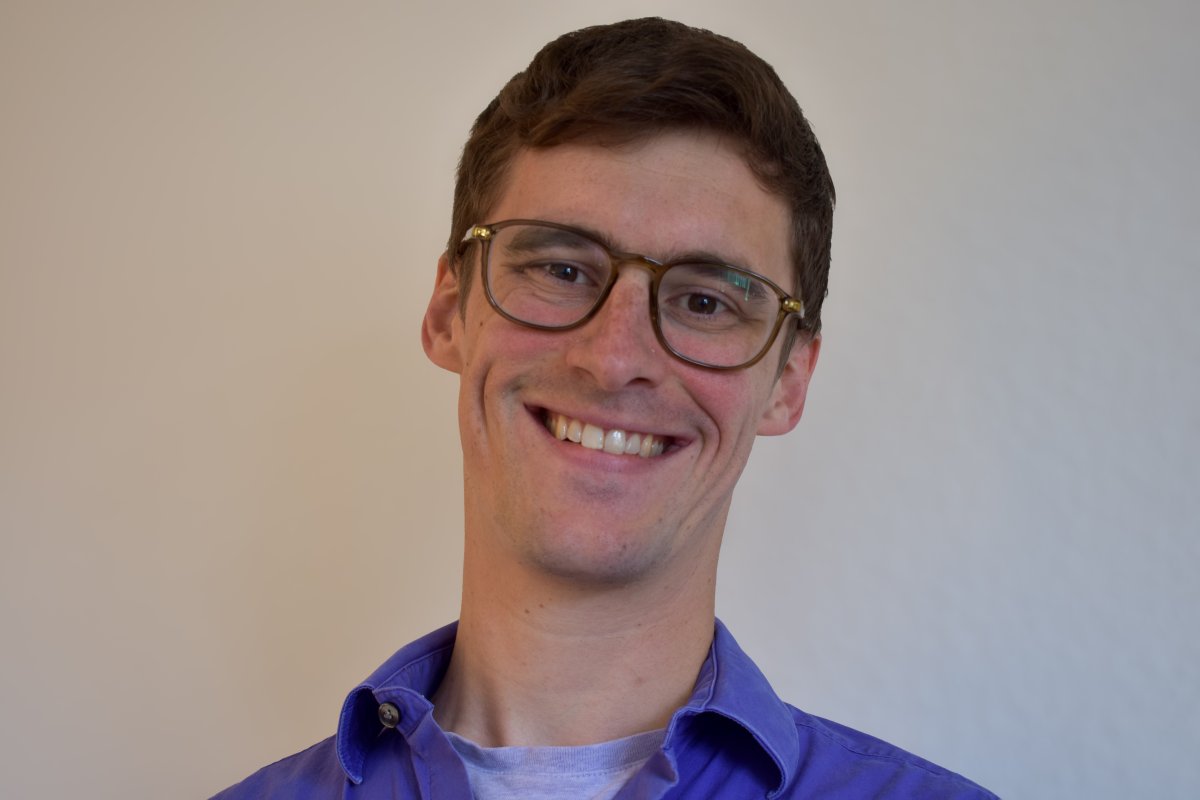Kevin Carter-Fenk
Kevin Carter-Fenk
University of California, Berkeley
Abstract
Exploiting the Butterfly Effect: How Choice Affects Change in Computational Spectroscopy
As spectroscopic technologies become more advanced, the exploration of photochemical processes in molecular systems provides increasingly intricate insights into the interplay of molecular interactions, elucidating the foundations of macroscopic structures, unraveling the mechanisms of charge transport crucial for designing solar energy materials, and even paving the way for innovative approaches to biological radiation therapies. Harnessing the predictive capabilities of quantum chemistry can provide a powerful toolkit to clarify and inform experimental results. However, common computational methods, such as time-dependent density functional theory (TDDFT), can exhibit dramatic errors that limit the utility of the calculated spectra. These errors are particularly pronounced for electronic excitations that significantly alter the charge distribution such as charge-transfer excitations and the core-to- valence transitions that are probed with x-ray absorption spectroscopy (XAS). In this seminar, we will explore the hypothesis that these errors can be mitigated by choosing alternative initial reference orbitals for the excited-state calculation. By deviating from the usual ground-state molecular orbital reference, we aim to construct excited state methods that markedly enhance the accuracy of results compared to conventional TDDFT spectra for various excitation classes. We will take a journey through direct optimization methods such as State-Targeted Energy Projection (STEP) that attempt to optimize non-Aufbau solutions to the mean- field problem, to response theories like electron-affinity TDDFT (EA-TDDFT) that offer powerful solutions to the computational XAS problem by using core-ionized reference densities. Our exploration will take us from applying STEP to directly simulate the inception of hydrated electrons that are produced by charge-transfer-to- solvent excitations in I - (aq), to using EA-TDDFT alongside XAS to decipher the interplay of electronic and nuclear structure in liquids and prototypical photocatalysts.
Kevin Carter-Fenk
Dr. Kevin Carter-Fenk is an NIH Ruth L. Kirschstein Postdoctoral Fellow working with Professor Martin Head-Gordon at UC Berkeley on various topics related to the quantum chemistry of biological systems. Lately he has been working on new time- dependent density functional theory methods for the accurate and efficient calculation of X-ray absorption spectra. Another interest of Carter-Fenk’s is to make computationally tractable wave function approaches like many-body perturbation theory more useful in extended systems with a small band gap.
Hosted by Professor David Blank
